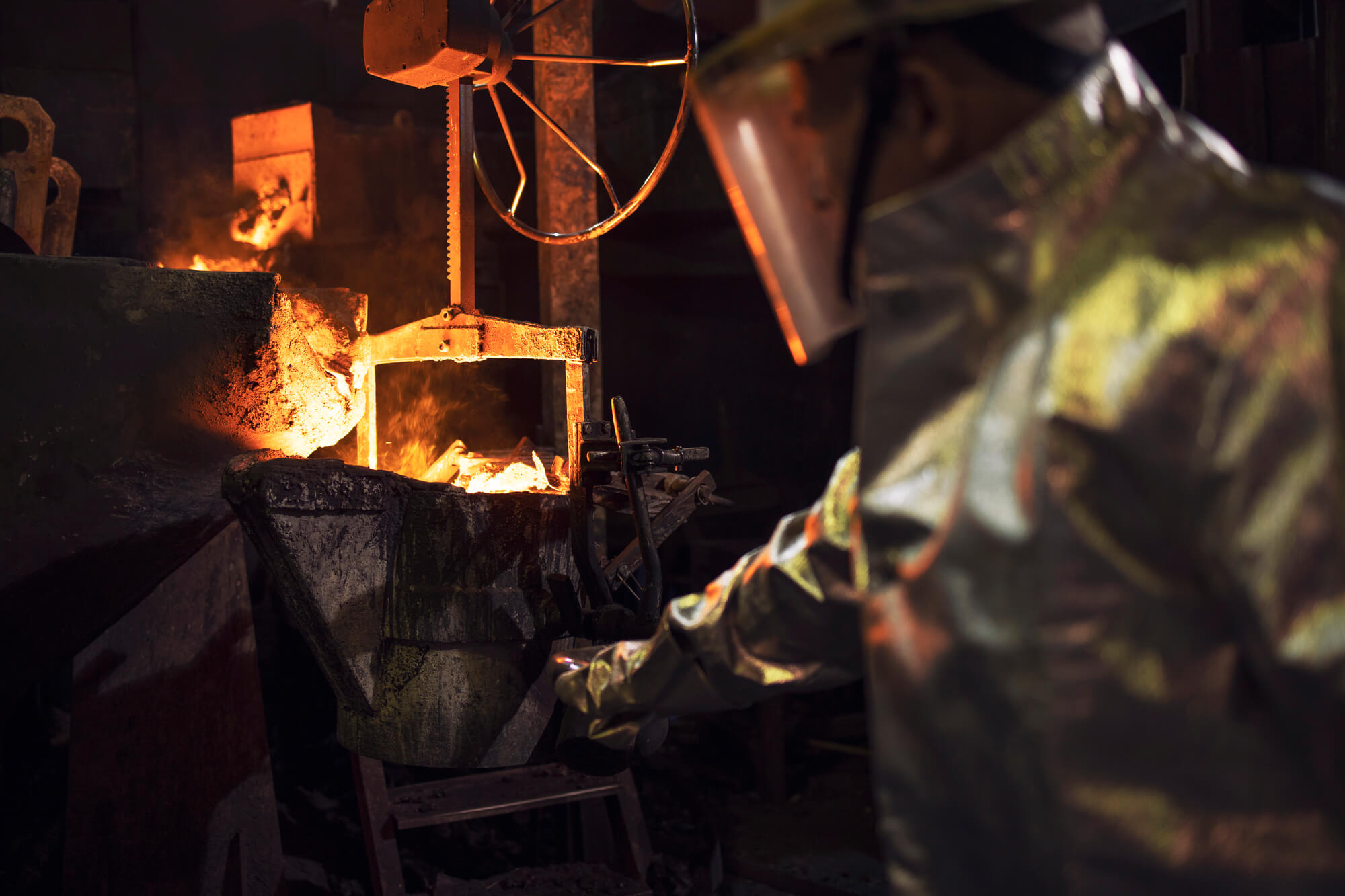Among the most ideal ways to make lasting and quality components are through castings. It allows for a high level of detail, which results in not needing additional fabrication or assembly. When it comes to rolled ring forgings, steel and iron are the two most popular due to their exceptional mechanical properties for a vast range of applications. Keep reading to find out which is best suited for your specific application!

How Do Steel Castings and Cast Irons Differ?
Steel Castings
Steel castings are components that are formed by pouring molten steel into a mold cavity. The liquefied steels then cool and solidify within the mold. You can create the shape and the casting to perfectly fit your specifications. Although the casting process of steel can be difficult, the results are well worth it.Moreso, steel castings are mainly used when other types of cast irons do not have enough strength or shock resistance. Its physical properties allow the castings to be both strong and ductile, making it extremely tough. Also, it limits the chances of fracturing under pressure.Industries that use steel castings range from food processing and electronics to oil and gas. Some specific industries that use this type of casting include the railroad, construction, drilling, transportation, and mining industries
Cast Irons
When it comes to corrosion, iron has better corrosion resistance than steel. It is also often cheaper because of the lower material costs, energy, and labor required to produce a final product. Additionally, cast iron is relatively easy to cast–it pours easily and doesn’t shrink as much as steel.

Other Substances Used in Rolled Ring Forgings
If you don’t know what to use for your next project, allow our team at Ferralloy Inc. to help you decide. Schedule an appointment today for more information about cast irons, steel castings, and other metals used in rolled ring forgings.
